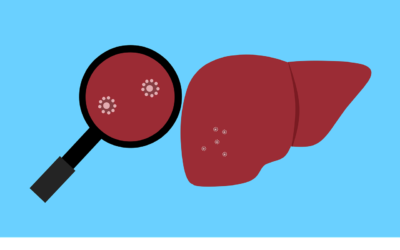Rahul Mehraa, Rajat Singha, Varij Nayanb, Harpal S.Buttar, Naveen Kumara, Shiv Kumard, Anuradha Bhardwaje, Ravinder Kaushikf, Harish Kumara
Food Bioscience
Volume 40, April 2021, 100907
https://www.sciencedirect.com/science/article/abs/pii/S2212429221000328
Abstract
Bovine colostrum (BC) consists of highly concentrated nutritional and bioactive components after parturition. BC supplements are promoted for prevention and management of neurological disorders (dementia, cognition, Parkinsons disease, and Alzheimers disease), cardiovascular diseases, immunity-related and allergy problems, skin disorders, inflammatory bowel disease, gut microbial symbiosis as well as type-2 diabetes, and improved athletic performance. This review provides succinct insights into emerging evidence from preclinical and clinical studies which suggest that BC constituents have enormous potential in nutraceuticals and non-pharmacological therapies. The overall composition, factors affecting, traditional and commercial products, health attributes of bovine colostrum particularly, B-type vitamins, oligosaccharides, immunoglobins, growth factors and the role of lactoferrin and lactalbumin in cancer therapy, are also briefly explained. Naturally produced bioactive components, immunoglobulins lay the foundation of life-long immunity, while the other components in colostrum promote growth and maturation of the gastrointestinal tract as well as promote differentiation of bone marrow stem cells, increase lean muscle mass, and decrease the body fat level. The bovine colostrum is rich in versatile ironbinding lactoferrin that has strong anti-oxidant, anti-inflammatory, anti-carcinogenic, and anti-microbial properties. Additionally, BC products like ginna, kharwas, aguz, and processed BC supplements like colostrum powder, capsules, and infant-formulas are marketed by many companies all over the world. Considering the escalating cost of synthetic drugs, people in developing countries are desperately looking for affordable and cost-effective therapies for curing the non-communicable diseases (NCDs) and infectious diseases. It will be interesting to see if BC might have viricidal effects against COVID-19 virus.




0 comentarios